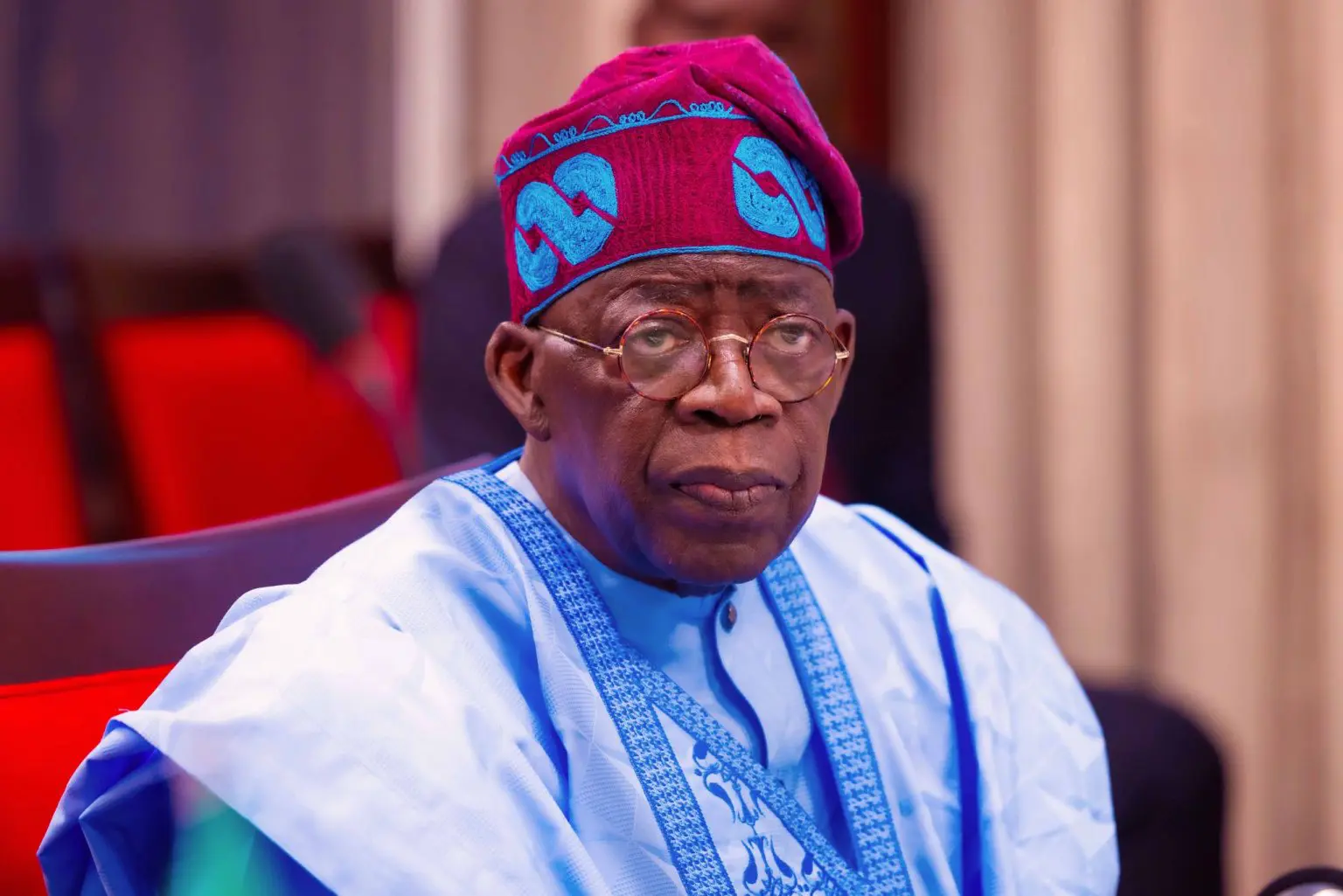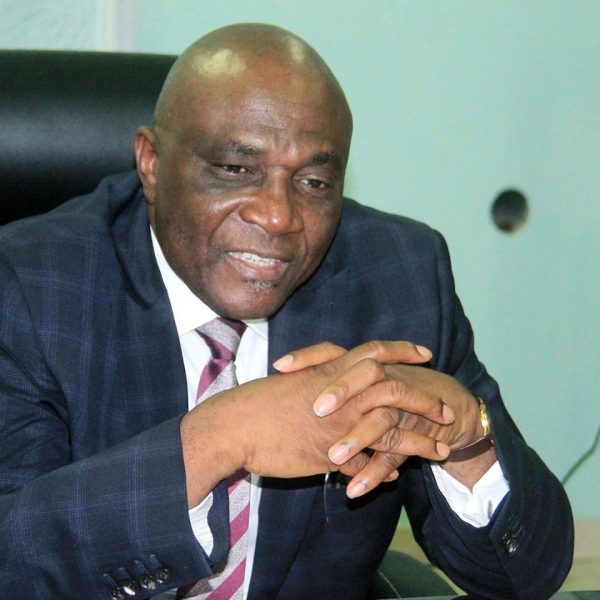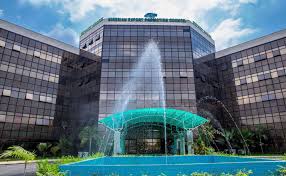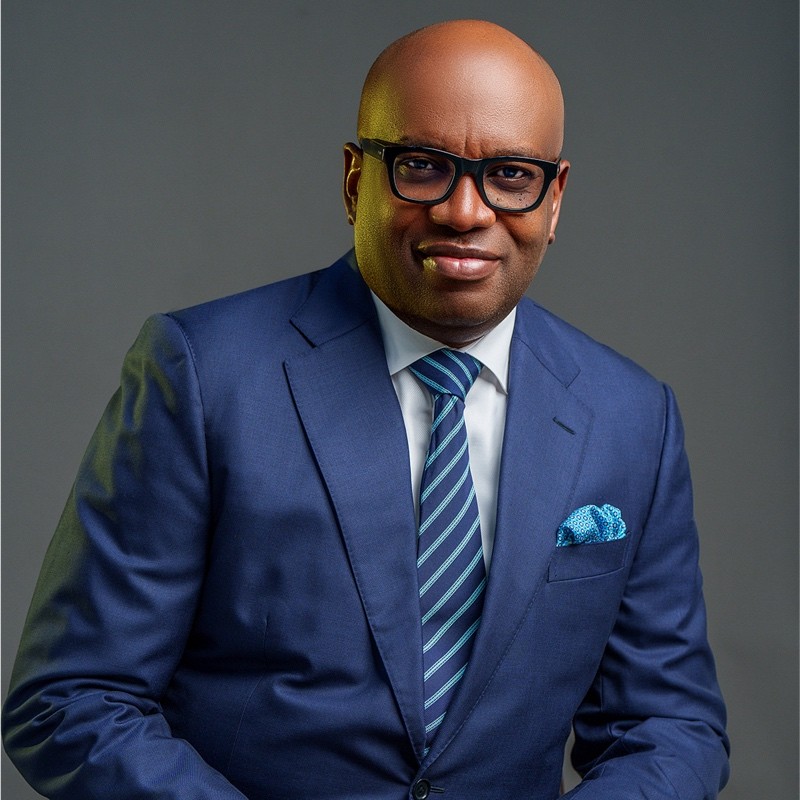The International Monetary Fund (IMF) has announced that the Nigerian government has begun subsidizing premium motor spirit (PMS), also known as fuel.
Recall that on May 29, 2023, during his swearing-in speech, President Bola Tinubu proclaimed the end of petrol subsidies.
A few weeks later, the Central Bank of Nigeria (CBN) combined the several exchange rate regimes, causing the value of the Naira to fall against the dollar.
Over the weekend, the IMF issued a statement regarding the conclusion of its Executive Board’s Post Financing Assessment with Nigeria, expressing concern that the government had capped fuel prices at retail stations.
The global lender encouraged Mr Tinubu’s administration to entirely stop paying petrol subsidies in order to free up finances to operate the government.
After the elimination of the petrol subsidy in May 2023, the pump price rose from N185 per litre to N40 per liter and subsequently to N568 per litre at NNPC fuelling stations, while some presently sell above N600.
The government had predicted that prices would fluctuate when subsidies were removed, but the pump price has stayed stable despite fluctuations in global crude oil prices.
In its recent release, the IMF noted the government has “capped retail fuel and electricity prices” ostensibly to “ease the impact of rapidly rising inflation on living conditions,” “thus partially reversing the fuel subsidy removal.”
However, it noted that, “Fuel and electricity subsidies are costly, do not reach those that most need government support and should be phased out completely.”
The bank praised the government’s emphasis on tax mobilization and digitization, stating that this will enhance public service delivery, ensure fiscal sustainability, and reduce the need for CBN funding through ways and means that have surpassed N20 trillion.




